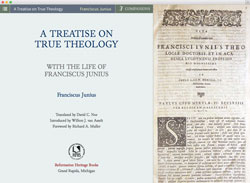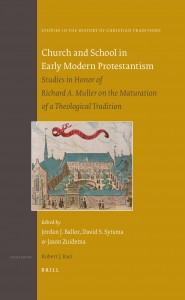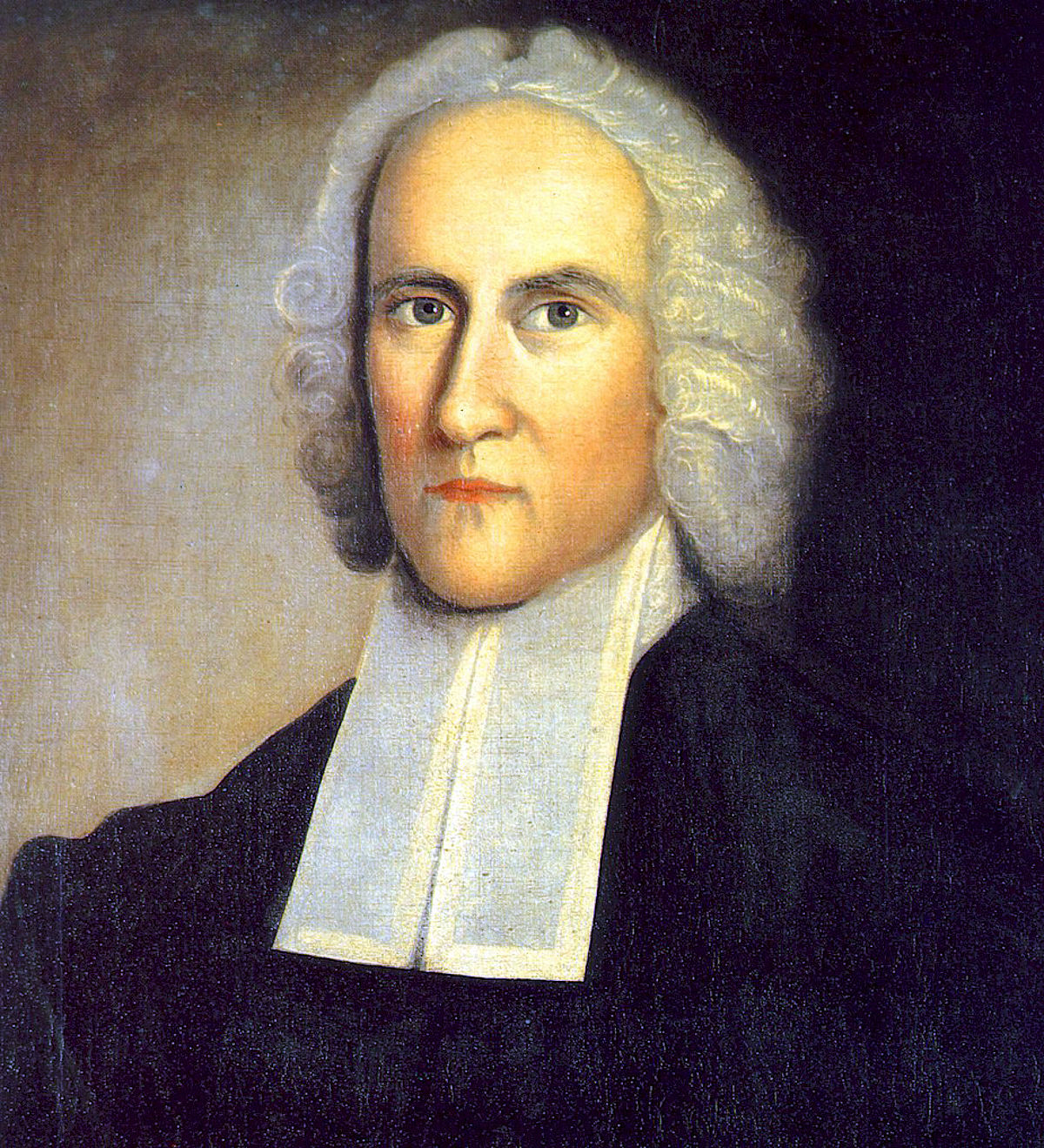Over at Christian’s Library Press, Franciscus Junius’ De Politiae Mosis Observatione is now available for purchase in English translation as The Mosaic Polity.
If you are familiar with the archetypal and ectypal distinction found in Junius’ prolegomena of theology, De Theologia Vera (in translation as A Treatise on True Theology | RHB: 2014), you may be surprised to learn that this piece on law, jurisprudence, and the Mosaic polity deploys the distinction and predates that work. One of the happy results of having these two translations in print is that a broader audience can begin to see a conception of the relation between theology and law in the early modern period and how for Junius the character of God informs both.
This project is the fruit of the vision of Dr. Jordan Ballor and Dr. Stephen Grabill for early modern treatises on law, economics, and social thought from an array of Christian traditions. These scholars invited me to participate in this project as the translator several years ago, for which I am humbled, honored, and grateful. The first several chapters appeared in the Journal of Markets & Morality and led to conversations in various conference venues in the United States and abroad. The support and encouragement of the Acton Institute by way of Dr. Ballor and Dr. Grabill has been tremendous. After the draft was completed, Dr. Drew McGinnis, my friend and fellow colleague in the doctoral program at Calvin Theological Seminary, enriched the translation with his keen editorial insights over the past year or so as the editor of the work. We co-authored the introductory essay. Both Drew and I appreciated the opportunity to present on various aspects of this translation and Junius’ thought in colloquia sponsored by the Junius Institute and Calvin Theological Seminary in the Fall of 2014 and the Spring of this year. These conversations with other scholars and colleagues have assisted in some measure in spurring our thoughts to consider various lines of approach to this work. The collaboration and camaraderie on this piece has truly been a joy.
It is our hope that this piece penned for the Dutch Republic at the close of the sixteenth century will not only be of use to scholars of the period but also as a point of contact for further reflection on the Christian theological contributions to the natural law tradition that has shaped modern legal and political thought on the nature of justice, law, and human rights.




